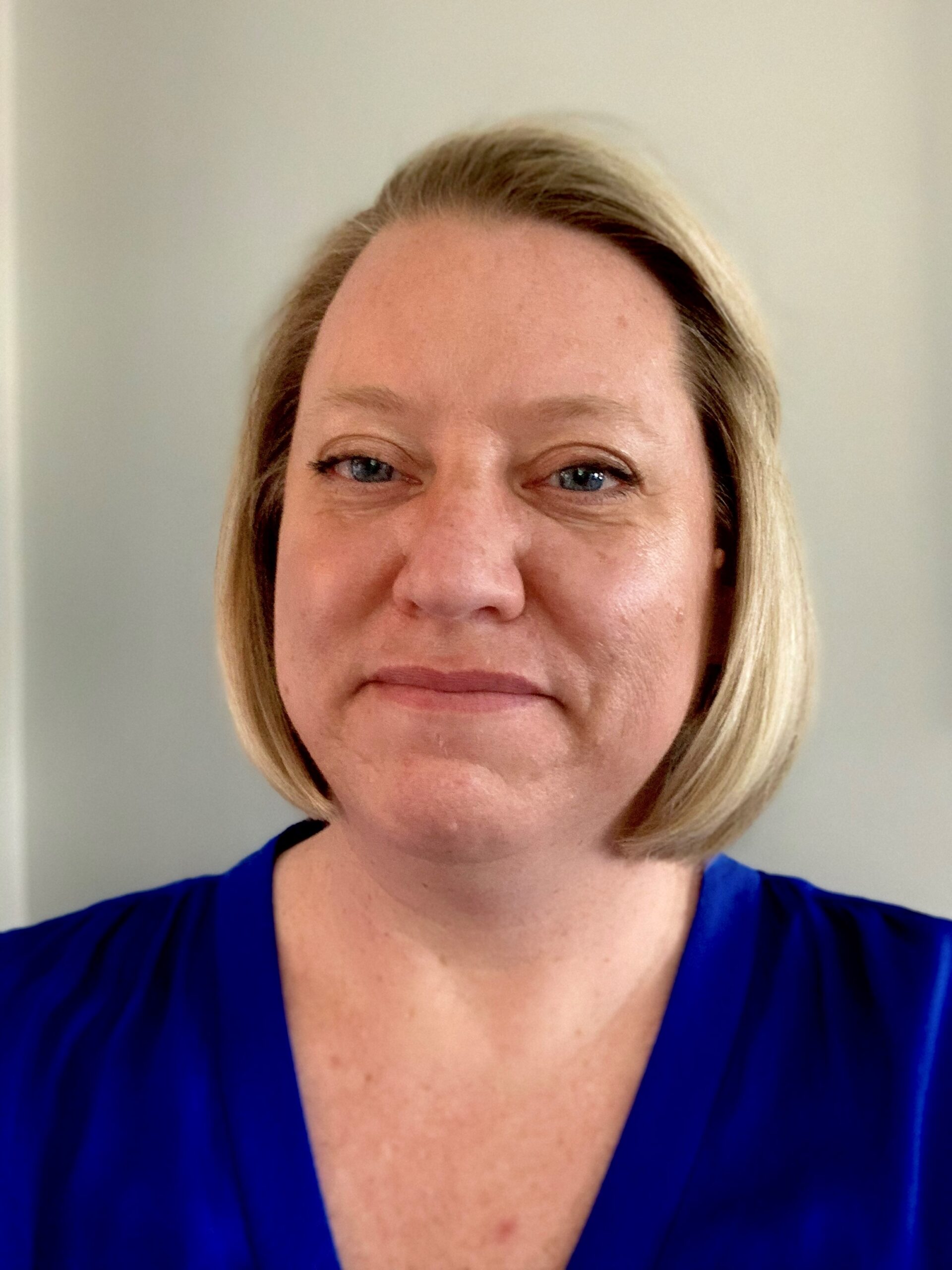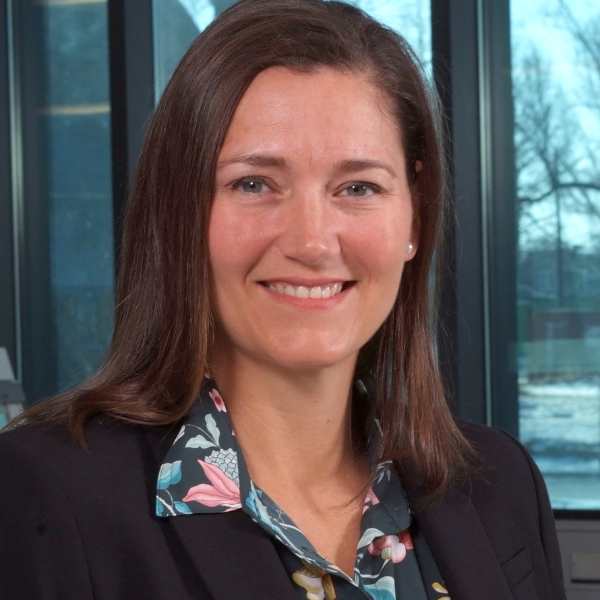A Summary of the Recommendations made by the NIST/NIJ Expert Working Group on Human Factors in Forensic DNA Interpretation
Home » A Summary of the Recommendations made by the NIST/NIJ Expert Working Group on Human Factors in Forensic DNA Interpretation
- Workshop
- September 23, 2024 //
- 8:30 am -
- 5:00 pm //
- Grand Oaks Ballroom DE
Description:
The study of human factors in forensic science is an essential element to inform our understanding of the interaction between humans and the systems they use. In understanding human factor issues, we can identify and address the potential for error and bias that can be used to develop ways to shape a positive laboratory culture, enhance staff morale, increase work productivity and quality, and improve the communication of DNA results.
The National Institute of Standards and Technology (NIST)/National Institute of Justice (NIJ) Expert Working Group (EWG) on Human Factors in Forensic DNA Interpretation first convened in February 2020 and was charged with conducting a scientific assessment on the effects of human factors in forensic DNA interpretation with the goal of recommending approaches to improve practice and reduce the likelihood of errors. This EWG has since been evaluating relevant bodies of scientific literature and technical knowledge to develop a report containing these recommendations. This assessment serves to educate members of forensic DNA laboratories and criminal justice partners (e.g., legal practitioners, law enforcement investigators, parent organization leadership) alike.
In this workshop, members of this EWG will present, from a human factors perspective, their research and recommendations specific to the following key topic areas of interest:
- Management and leadership in a forensic DNA laboratory.
- Quality Assurance (QA)/Quality Control (QC) in a forensic DNA laboratory.
- The current and ideal future state of education, training, and professional credentialing opportunities for DNA analysts.
- The role of technology in DNA interpretation and the transition from manual to probabilistic methods of DNA interpretation in a forensic DNA laboratory.
- Specific interpretation tasks or decisions that DNA analysts may need to make throughout the course of an analysis from sample receipt through the pre-comparison, comparison, and post-comparison phases of interpretation.
- Written and verbal quantitative and qualitative communication of forensic DNA results.
- Interpretations of DNA results considering alleged activities that aim to contribute to questions about how or when the DNA may have been deposited, including consideration of the transfer, persistence, prevalence, and recovery of DNA.
- Although presented in the context of a forensic DNA laboratory, much of the material to be discussed can apply to policies and practices across any forensic discipline.
This will be an interactive workshop with audience polls, quizzes, handouts, and discussion.
Learning Outcomes:
- Develop an in-depth knowledge of the NIST/NIJ EWG on Human Factors in Forensic DNA Interpretation’s recommendations relating to a variety of policies and practices within a forensic DNA laboratory. The recommendations discussed will include topics related to management; QA/QC; education, training, and professional credentialing; forensic DNA interpretation; technology implementation; and how these topic areas impact the quantitative and qualitative ways to express forensic DNA results.
- Understand the implications of these recommendations for their own practice and how the recommendations serve to improve the practice of forensic DNA interpretation.
- Possess practical tools to encourage a positive error culture within a forensic DNA laboratory.
- Recognize the importance of human factor considerations in the management of forensic DNA laboratories; in developing a strong quality management system; and in the education, training, and professional credentialing components of current and future DNA analysts and forensic DNA laboratories.
- Be able to identify ways to mitigate bias in education reviews and improve in-house training programs and continuing education opportunities and requirements.
- Acquire practical tools to encourage thoughtful implementation of new techniques, technologies, or methods within a forensic DNA laboratory with the goal of minimizing error, bias, and variability.
- Become familiar with the limitations of and the various views surrounding the evaluation of and answering questions considering alleged activities.
Intended Audience:
- DNA analysts
- Forensic practitioners
- Laboratory management and leadership personnel
- Laboratory Quality Assurance/Quality Control personnel
- Forensic DNA researchers
- Legal practitioners
- Education/Training facilitators
- Certification/Licensure bodies
- Probabilistic Genotyping Software developers
Suitable for those just beginning
Description:
The study of human factors in forensic science is an essential element to inform our understanding of the interaction between humans and the systems they use. In understanding human factor issues, we can identify and address the potential for error and bias that can be used to develop ways to shape a positive laboratory culture, enhance staff morale, increase work productivity and quality, and improve the communication of DNA results.
The National Institute of Standards and Technology (NIST)/National Institute of Justice (NIJ) Expert Working Group (EWG) on Human Factors in Forensic DNA Interpretation first convened in February 2020 and was charged with conducting a scientific assessment on the effects of human factors in forensic DNA interpretation with the goal of recommending approaches to improve practice and reduce the likelihood of errors. This EWG has since been evaluating relevant bodies of scientific literature and technical knowledge to develop a report containing these recommendations. This assessment serves to educate members of forensic DNA laboratories and criminal justice partners (e.g., legal practitioners, law enforcement investigators, parent organization leadership) alike.
In this workshop, members of this EWG will present, from a human factors perspective, their research and recommendations specific to the following key topic areas of interest:
- Management and leadership in a forensic DNA laboratory.
- Quality Assurance (QA)/Quality Control (QC) in a forensic DNA laboratory.
- The current and ideal future state of education, training, and professional credentialing opportunities for DNA analysts.
- The role of technology in DNA interpretation and the transition from manual to probabilistic methods of DNA interpretation in a forensic DNA laboratory.
- Specific interpretation tasks or decisions that DNA analysts may need to make throughout the course of an analysis from sample receipt through the pre-comparison, comparison, and post-comparison phases of interpretation.
- Written and verbal quantitative and qualitative communication of forensic DNA results.
- Interpretations of DNA results considering alleged activities that aim to contribute to questions about how or when the DNA may have been deposited, including consideration of the transfer, persistence, prevalence, and recovery of DNA.
- Although presented in the context of a forensic DNA laboratory, much of the material to be discussed can apply to policies and practices across any forensic discipline.
This will be an interactive workshop with audience polls, quizzes, handouts, and discussion.
Learning Outcomes:
- Develop an in-depth knowledge of the NIST/NIJ EWG on Human Factors in Forensic DNA Interpretation’s recommendations relating to a variety of policies and practices within a forensic DNA laboratory. The recommendations discussed will include topics related to management; QA/QC; education, training, and professional credentialing; forensic DNA interpretation; technology implementation; and how these topic areas impact the quantitative and qualitative ways to express forensic DNA results.
- Understand the implications of these recommendations for their own practice and how the recommendations serve to improve the practice of forensic DNA interpretation.
- Possess practical tools to encourage a positive error culture within a forensic DNA laboratory.
- Recognize the importance of human factor considerations in the management of forensic DNA laboratories; in developing a strong quality management system; and in the education, training, and professional credentialing components of current and future DNA analysts and forensic DNA laboratories.
- Be able to identify ways to mitigate bias in education reviews and improve in-house training programs and continuing education opportunities and requirements.
- Acquire practical tools to encourage thoughtful implementation of new techniques, technologies, or methods within a forensic DNA laboratory with the goal of minimizing error, bias, and variability.
- Become familiar with the limitations of and the various views surrounding the evaluation of and answering questions considering alleged activities.
Intended Audience:
- DNA analysts
- Forensic practitioners
- Laboratory management and leadership personnel
- Laboratory Quality Assurance/Quality Control personnel
- Forensic DNA researchers
- Legal practitioners
- Education/Training facilitators
- Certification/Licensure bodies
- Probabilistic Genotyping Software developers
Suitable for those just beginning
Pricing:
- Standard Registration$345
- Student Registration$195
Fee includes breakfast, lunch, breaks and handouts. Attendees should plan on bringing laptops.
- Early Registration
- $250.00
- Standard Registration (after July 15)
- $295.00
- Student Registration$195.00
- $195.00
Workshop currently at capacity. A waitlist is available to join on our registration page.
Agenda:

Melissa Taylor
Senior Forensic Science Research Manager, Special Programs Office, National Institute of Standards and Technology
Melissa Taylor is a Senior Forensic Science Research Manager within the Special Programs Office at the National Institute of Standards and Technology. Her work within the Forensic Science Program focuses primarily on integrating human-factors principles into forensic sciences, process mapping, and expert decision-making.







